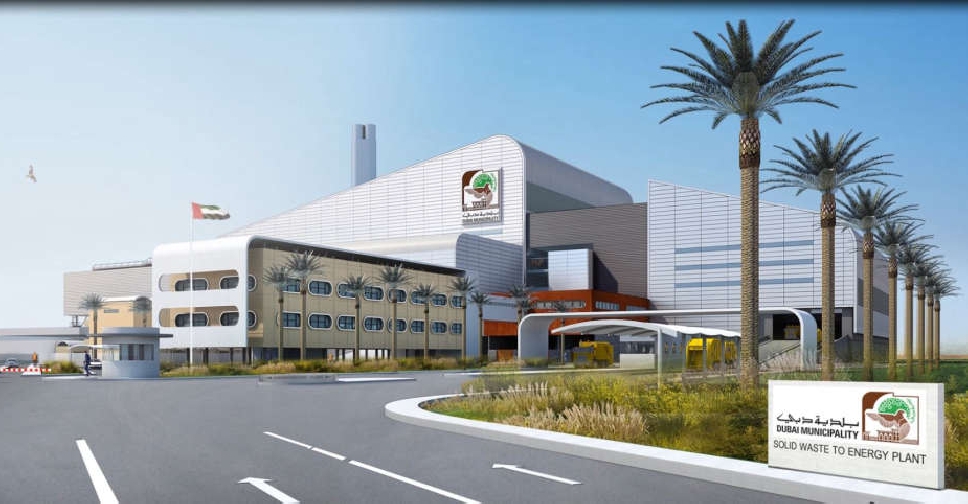
The world's largest waste-to-energy project being built in Dubai's Warsan is 45 per cent complete.
That's according to Dubai Municipality, which said the first phase of the project will be completed by 2023.
In line with the UN Sustainable Development Goals (SDGs), the facility will also contribute to reaching the goals set by Dubai Municipality to reduce landfill by 75 per cent and the targets outlined in the Dubai Clean Energy Strategy 2050. The project also reflects the emirate’s keenness to follow a green growth trajectory that significantly reduces Dubai’s environmental footprint.
"The Dubai Waste Treatment Centre is the most efficient waste-to-energy project in the world, with an efficiency rate of 32 per cent at a temperature of 27 degrees celsius. The project’s waste treatment capacity is estimated at 5,666 tonnes per day, equivalent to 1.912 million tonnes per year," explained Dawoud Al Hajri, Director General of Dubai Municipality.
#DubaiMunicipality’s Director General, Dawoud Al-Hajiri, inspected the workflow of the Dubai Centre for Waste Processing project in the Warsan area, the largest of its kind globally, reflecting the Municipality’s leading role in the efforts deployed to convert waste into energy. pic.twitter.com/8jneJGzCUD
— بلدية دبي | Dubai Municipality (@DMunicipality) November 6, 2021
The project will operate over a period of 35 years. All the water used in the project will be recycled from the Wastewater Treatment Plant in Warsan at a rate of 2,760 cubic metres per day. The project will generate 200 megawatts of energy per hour (MWh) and 35 MWh will be used to operate the Warsan Wastewater Treatment Plant, while 20 MWh will be used to operate the Dubai Waste Treatment Centre.
Waste from 1,000 trucks will be received per day, and the Centre will process waste from 88 trucks per hour. The Centre has five incineration lines to ensure the burning of 5,666 tonnes of waste per day, the first of which will be operational in 2023.
Finally, incinerated waste will produce 1,000 tonnes of bottom ash, which will be recycled and used in infrastructure projects.
The project is being built with the participation of 30 contracting, consulting and supplier companies. A team consisting of more than 300 engineers and labourers have already spent 3 million working hours on the development of the project.
The entire project is expected to be finished by 2024.




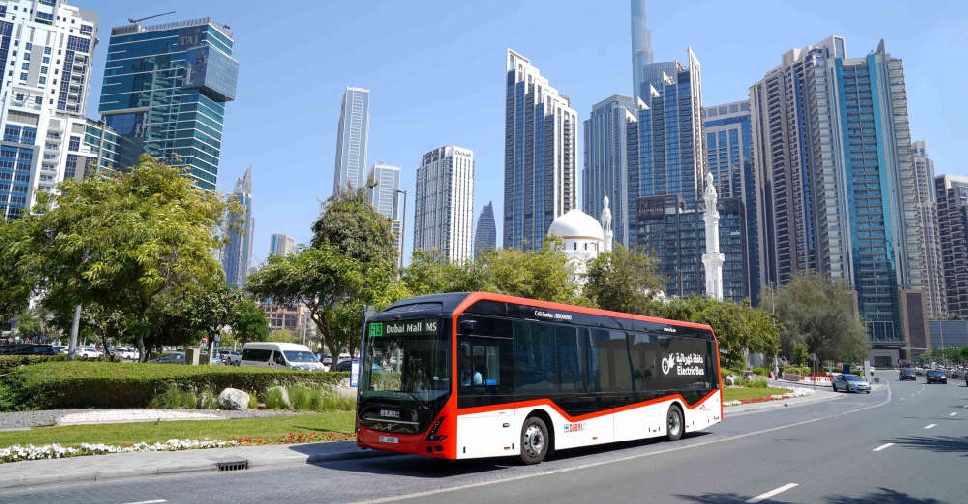 Dubai trials high-tech electric bus in drive toward zero emissions
Dubai trials high-tech electric bus in drive toward zero emissions
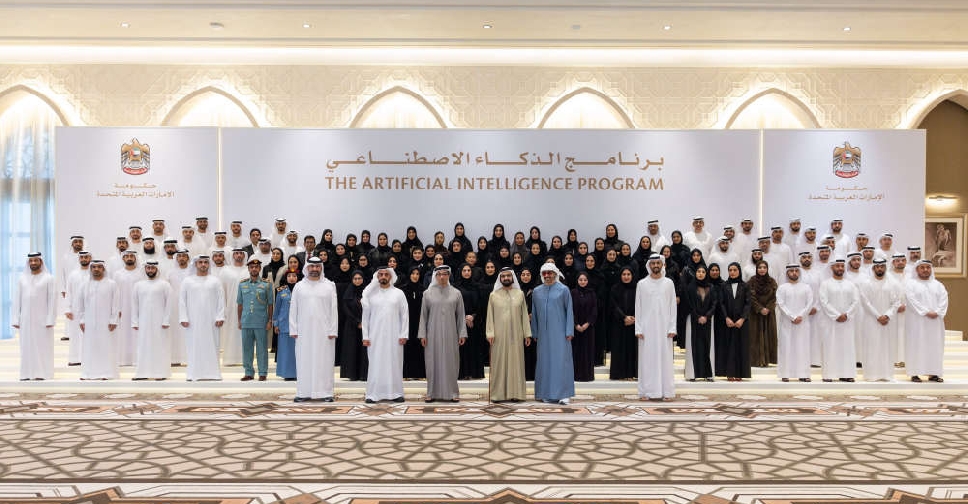 UAE powers up AI workforce with over 100 new graduates
UAE powers up AI workforce with over 100 new graduates
 UAE plans facial recognition ID system; no card needed
UAE plans facial recognition ID system; no card needed
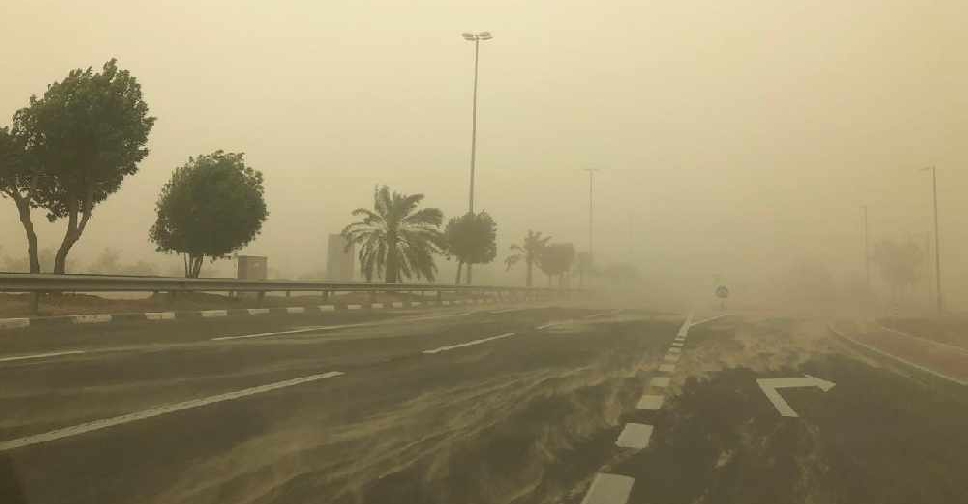 UAE weather alert issued as dusty conditions reduce visibility
UAE weather alert issued as dusty conditions reduce visibility
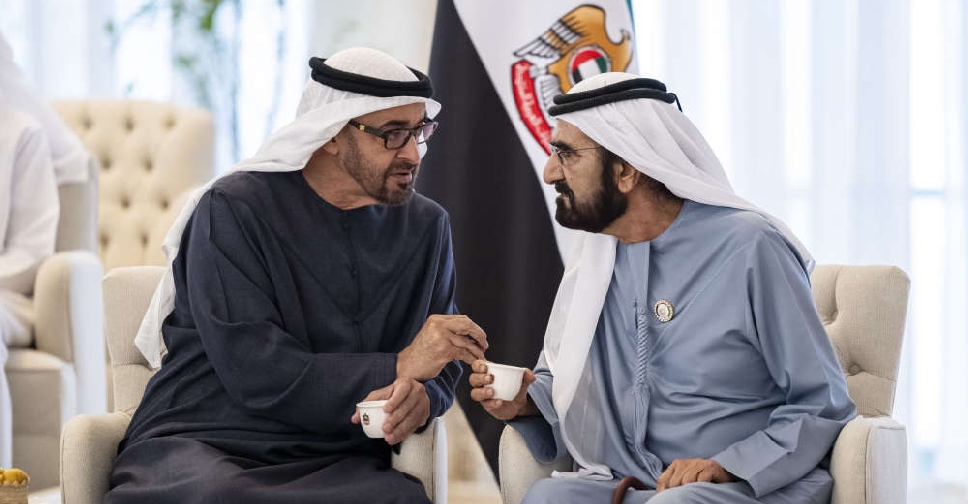 UAE leaders meet in Abu Dhabi to discuss national priorities
UAE leaders meet in Abu Dhabi to discuss national priorities







